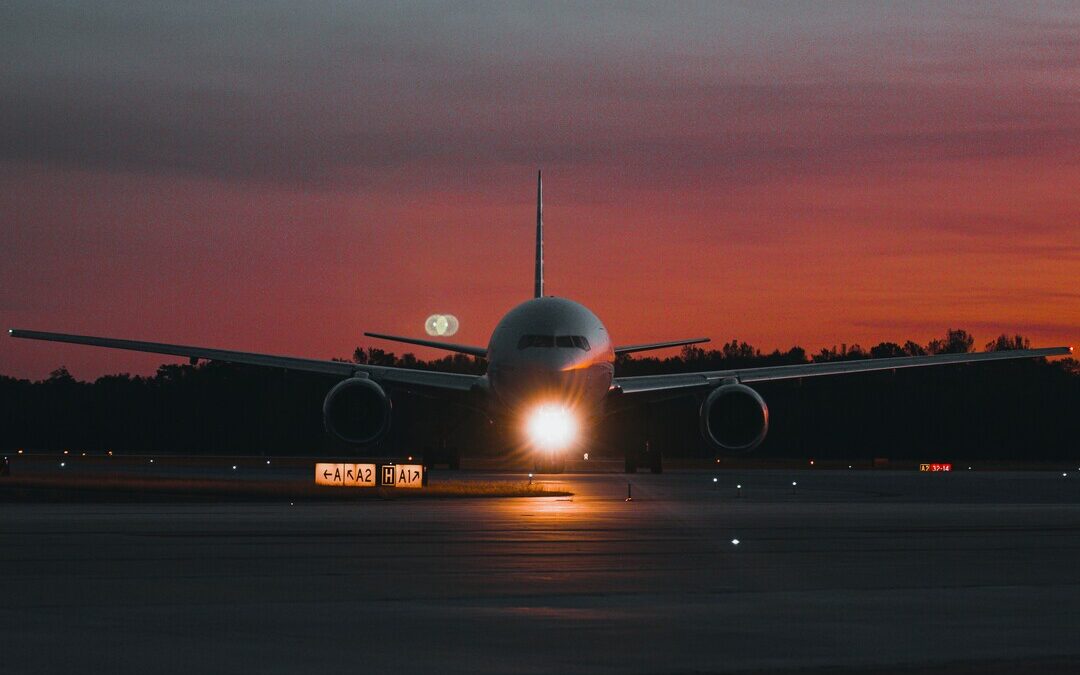IATA Says SAF Production to Double in 2025, but Policy Gaps Threaten Growth
IATA warns rising costs and poor policy design could stall progress in scaling global sustainable aviation fuel production.
Global production of sustainable aviation fuel is expected to reach 2 million tonnes in 2025, doubling from the previous year. However, the International Air Transport Association has warned that policy shortcomings and cost inefficiencies are threatening the industry’s path to net-zero emissions.
Despite the projected increase, SAF will account for only 0.7 percent of total airline fuel consumption, according to IATA.
The anticipated output is expected to add $4.4 billion to the global fuel bill, raising concerns over the financial burden airlines face in decarbonizing their operations.
“While it is encouraging that SAF production is expected to double to 2 million tonnes in 2025, that is just 0.7 percent of aviation’s total fuel needs,” said IATA Director General Willie Walsh. “The pace of progress in ramping up production and gaining efficiencies to reduce costs must accelerate.”
Mandates Driving Up Prices
IATA voiced concern over the unintended consequences of SAF mandates, particularly in Europe, where new regulations took effect on January 1.
The association said that most SAF is being directed to the European market, where compliance fees have driven prices to more than five times that of conventional jet fuel.
The association estimated that European airlines will purchase one million tonnes of SAF in 2025 at a market cost of $1.2 billion.
Compliance-related charges could add a further $1.7 billion — funds that, according to IATA, could otherwise reduce an additional 3.5 million tonnes of carbon emissions.
“This highlights the problem with the implementation of mandates before there are sufficient market conditions and before safeguards are in place against unreasonable market practices that raise the cost of decarbonization,” Walsh said. “Europe needs to realize that its approach is not working and find another way.”
IATA Initiatives to Build SAF Market
To accelerate SAF adoption globally, IATA is backing two key initiatives:
- SAF Registry: Managed by the Civil Aviation Decarbonization Organization, the registry aims to standardize and transparently track SAF purchases, usage, and emissions reductions in line with schemes such as the Carbon Offsetting and Reduction Scheme for International Aviation and the European Union Emissions Trading System.
- SAF Matchmaker: A new digital platform designed to match airlines with SAF suppliers to streamline procurement.
Call for Coordinated Government Action
IATA called on governments to take urgent steps to support SAF development, including:
- Redirecting a portion of the $1 trillion in fossil fuel subsidies toward renewable energy production.
- Adopting a holistic energy policy that integrates SAF production and infrastructure.
- Ensuring the success of CORSIA by making Eligible Emissions Units available to airlines — Guyana remains the only country to have done so to date.
India’s Role in Global SAF Leadership
With its rapidly expanding aviation sector, India is seen as a pivotal player in the global SAF landscape.
As the third-largest oil consumer after the US and China, India has launched the Global Biofuels Alliance and set a 2 percent SAF blending target for international flights by 2028.
IATA said it will collaborate with the Indian Sugar & Bio-Energy Manufacturers Association and Praj Industries to align Indian SAF practices with global standards.
“India can strengthen its leadership in biofuels with the accelerated adoption of SAF through progressive policies,” IATA said, noting that enabling frameworks like guaranteed pricing and capital support will be key to scaling SAF production.
Also Read:
IATA Launches Independent Body to Manage Global SAF Registry
Nirmal Menon
Related posts
Subscribe
Error: Contact form not found.


